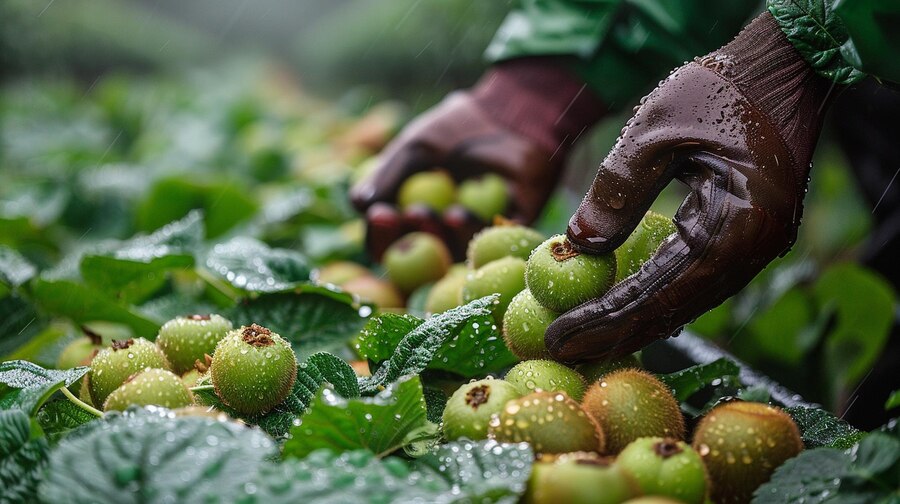Kenya’s Agriculture and Food Authority (AFA) announced the imposition of a 2% levy on the customs value of imported legumes and pulses, including beans, lentils, soybeans, and peanuts. While aimed at supporting local farmers and increasing government revenue, the levy raises significant concerns regarding its legal ramifications, disruption of regional trade, and potential impact on food security across Africa.

Legal Concerns: A Breach of Regional Agreements? The new levy raises questions about Kenya’s adherence to its commitments under the East African Community (EAC) and the Common Market for Eastern and Southern Africa (COMESA). These regional agreements are designed to promote the free movement of goods and reduce trade barriers to foster economic integration.
By imposing this levy unilaterally, Kenya risks undermining the principles of fair-trade central to regional cooperation. This could lead to legal disputes or retaliatory tariffs from neighboring countries, potentially destabilizing intra-African trade. The Shippers Council of East Africa’s CEO, Agayo Ogambi, highlighted these concerns, emphasizing that the levy could hinder business and burden farmers. He noted that the new tax might make Kenyan products less competitive in East Africa and in the COMESA region, where countries like Uganda and Tanzania have already expressed opposition.
Regional Trade Disruption: A Continental Impact
The levy could have a broader impact on intra-African trade, affecting the availability and cost of essential food staples. Legumes and pulses are crucial food items traded across Africa, particularly in regions with food shortages. The additional costs imposed by the levy could reduce the supply of these imports, leading to higher prices continent-wide.
Roy Mwanthi, Chairman of the Kenya International Freight & Warehousing Association (KIFWA), pointed out that the levy has already caused a halt in rice importation since August 12, 2024, resulting in increased costs and potential shortages. This disruption could force traders to seek alternatives outside of Africa, undermining efforts to enhance intra-African trade, particularly under initiatives like the African Continental Free Trade Area (AfCFTA).
Food Security at Risk
The levy’s impact on food security is perhaps the most pressing issue. Legumes and pulses are critical sources of protein for millions of Africans, especially in regions where meat is scarce or expensive. Increasing the cost of these essential foods could exacerbate food insecurity, particularly in areas already struggling with inflation and shortages.
Countries dependent on these imports to supplement local production might face heightened risks of hunger and malnutrition if trade disruptions continue.
Finding the Balance: While Kenya’s intention to support local farmers is understandable, the broader ramifications of the levy need to be addressed. Regional dialogue and cooperation are essential to resolving these issues and ensuring that trade policies support both local agricultural interests and regional economic integration.
Harmonizing trade policies and prioritizing food security are crucial steps towards maintaining stable food supplies, fostering economic growth, and promoting long-term sustainability. For expert guidance on navigating international trade laws and ensuring regulatory compliance, contact Harboursim LP for tailored solutions. HLP-TRD-20240826-498
